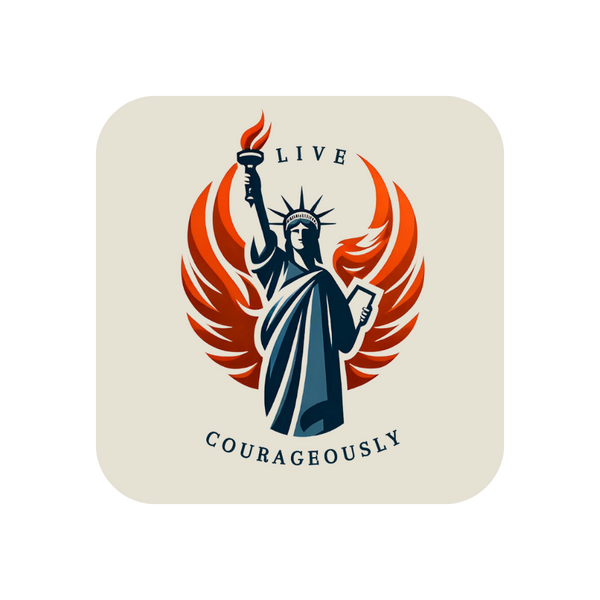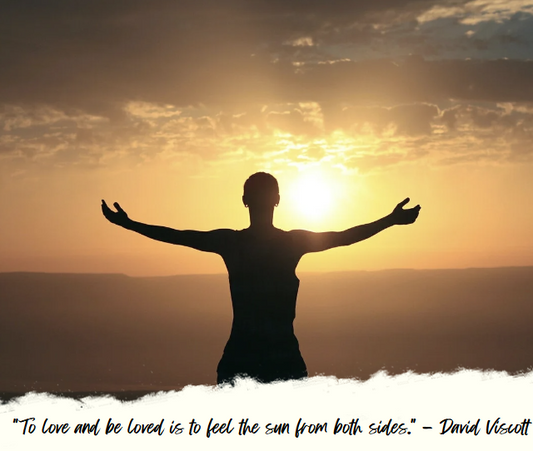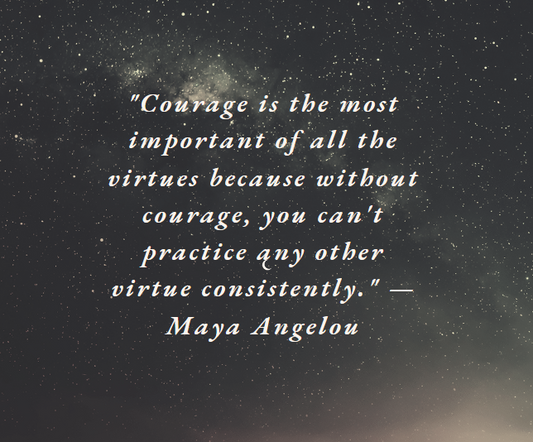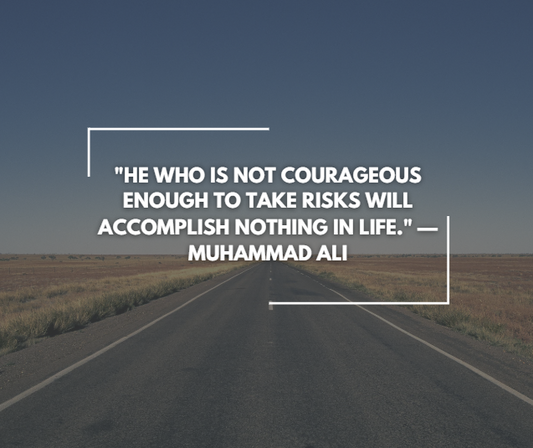"The secret of success is learning how to use pain and pleasure instead of having pain and pleasure use you." - Tony Robbins
This quote emphasizes the importance of our ability to harness and direct the forces of pain and pleasure in our lives. It suggests that instead of allowing pain and pleasure to control us, we should learn to control them to achieve success. Pain and pleasure are fundamental human experiences. They have the power to shape our actions, decisions, and ultimately, our lives. Often, we tend to react impulsively to pain by avoiding it or seeking immediate relief, while pursuing pleasure without considering the long-term consequences. However, this quote encourages us to shift our perspective and approach.
To use pain and pleasure effectively, we must develop a conscious awareness of their influence on us. Rather than being driven solely by the desire to avoid pain or seek pleasure, we can use these emotions as tools for personal growth and motivation. For example, instead of shying away from the discomfort of learning a new skill, we can embrace the pain as a stepping stone towards mastery. Similarly, we can channel the pleasure derived from achieving a goal into fuel for further accomplishments.
By mastering the ability to use pain and pleasure, we gain greater control over our actions and choices. We become intentional in our pursuit of success, making calculated decisions based on long-term benefits rather than immediate gratification. This shift in mindset empowers us to overcome obstacles, endure hardships, and persist in the face of challenges. It enables us to stay focused on our goals and maintain a sense of discipline and resilience.
Ultimately, the quote highlights the transformative power of consciously utilizing pain and pleasure to our advantage. It encourages us to take charge of our emotional experiences and use them as stepping stones on the path to success. By mastering this skill, we can harness the driving forces of pain and pleasure to shape our lives in a purposeful and fulfilling way.
This quotation highlights how crucial it is for us to control the forces of pleasure and suffering in our lives. It implies that in order to succeed, we should learn to control our emotions rather than letting them rule us. Humans are essentially sensitive to both pain and pleasure. They have the ability to influence our choices, behaviours, and eventually, our lives. We frequently have an irrational tendency to chase pleasure without thinking through the long-term effects in response to pain, either by avoiding it or by seeking out instant relief. This quote, however, challenges us to change our viewpoint and strategy.
In order to make effective use of pain and pleasure, we need to become cognizant of how they affect us. We can utilise these feelings as instruments for motivation and personal development rather than being purely motivated by the need to avoid suffering or pursue pleasure. For instance, we can accept the discomfort as a necessary step on the road to mastery rather than running from it when learning a new skill. In a similar vein, we can use the satisfaction that comes from accomplishing a goal as fuel for more successes.
We can better control our choices and actions when we learn to use pain and pleasure. We become deliberate in our quest of achievement, making thoughtful choices that prioritise long term gains over instant satisfaction. This mental adjustment gives us the strength to persevere in the face of difficulties, endure adversity, and overcome barriers. It helps us to remain resilient and disciplined while staying goal-focused. It inspires us to take control of our feelings and turn them into opportunities for growth and progress towards our goals. By developing this ability, we can use the motivating factors of pleasure and pain to mould our lives into meaningful and purposeful experiences.






